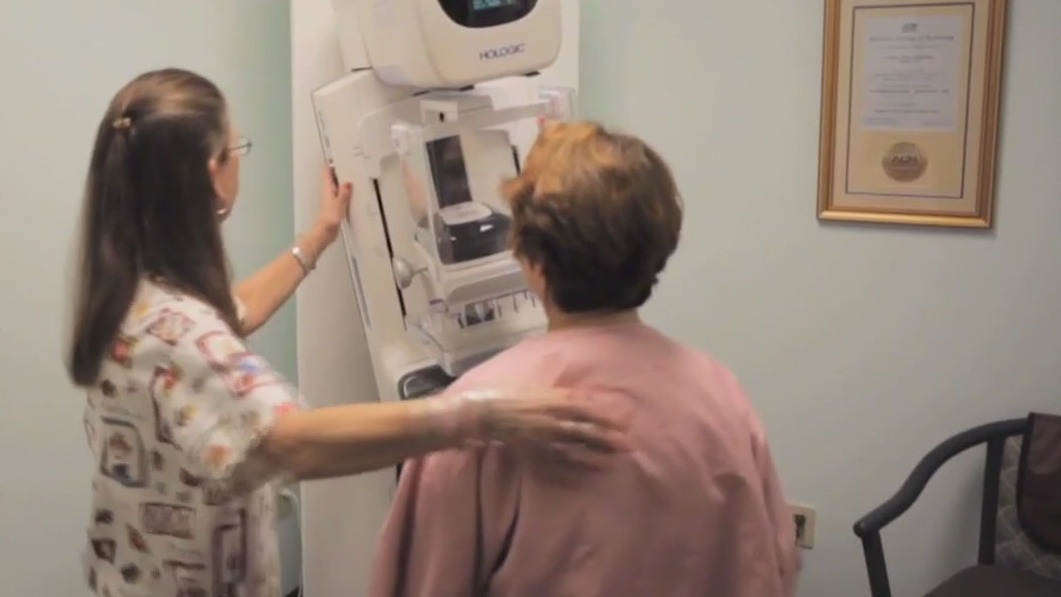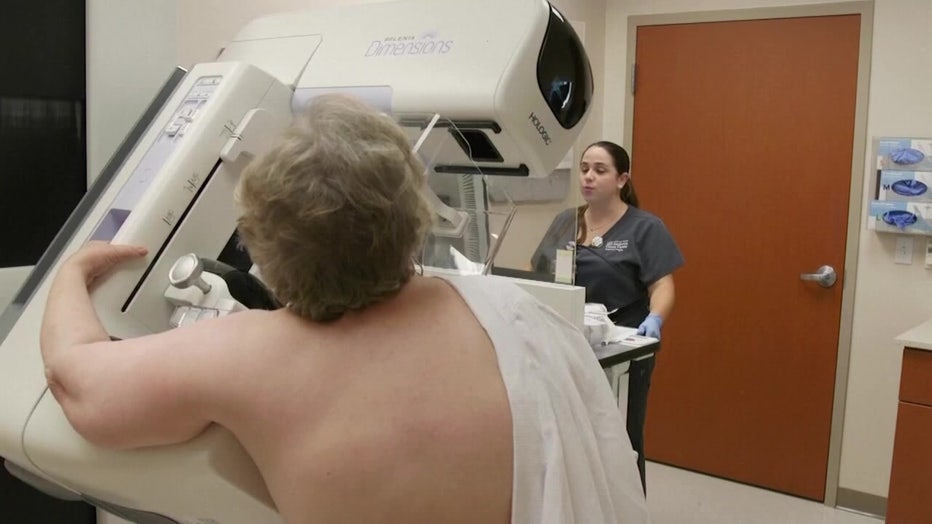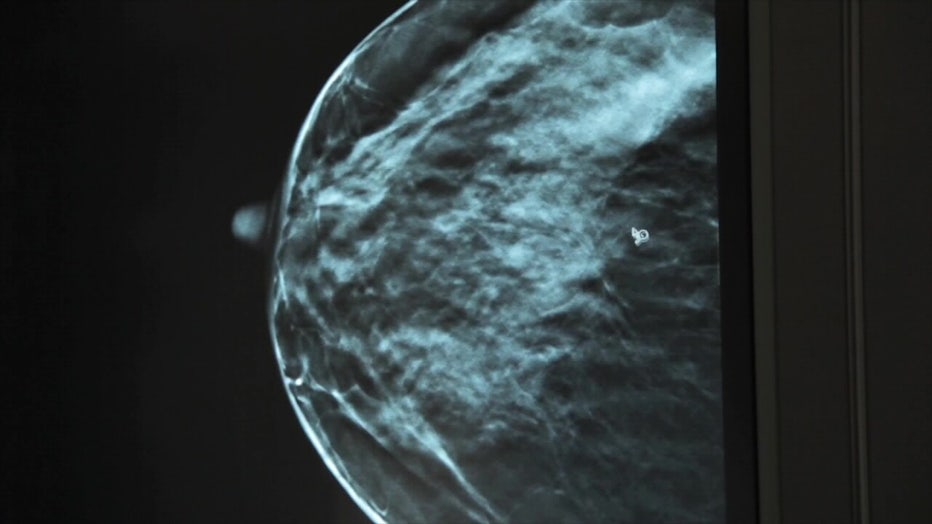Women delaying mammograms risk not getting early breast cancer diagnosis

Women likely to put off mammograms: Survey
A new survey showed that women are likely to put off mammograms, but Tampa doctor say that could cost them their health. FOX 13’s Briona Arradondo reports.
TAMPA, Fla. - A 2024 survey in the Annals of Internal Medicine journal found nearly 40 percent of women would delay screenings based on what they know about them, including potential risks and benefits.
Big picture view:
When you get your cancer screening counts. Beyonce’s mother, Tina Knowles, said she missed a routine exam during the pandemic and didn’t reschedule until 2024. She said she was diagnosed with stage-one breast cancer.
MTV VJ Ananda Lewis died last week after having stage-four breast cancer, her family confirmed. In a social media post to Instagram, she admitted to putting off mammograms after seeing her mother go through the exams for years and later develop breast cancer.
"Everyone who avoids these screenings has a reason," said Dr. Kyle Bowers, a surgical oncologist with AdventHealth Tampa.
Dig deeper:
Dr. Bowers is a breast cancer surgeon who treats patients in the Tampa Bay area. He said delays could include patients weighing their own risk factors and family history, or anticipating the pain they expect from the exam.
"I think that the fear of the exam is a lot worse than the exam itself. I personally have had a mammogram. I felt a mass in my own breast and went through this, and it was very tolerable," said Bowers.
READ: FDA approves first AI tool to predict breast cancer risk
He said educating patients about screenings is crucial to helping them understand why they’re needed and why delaying mammograms can be detrimental.

"When that happens, you may find yourself in a place later on that your team of doctors cannot help you in a way that perhaps could have had you done the screening early," said Bowers.
Lewis expressed concerns about radiation exposure in the screenings, and Dr. Bowers said it's minimal.
"X-ray is essentially what a mammogram is, and we use that to screen infants. So, it’s very benign," said Bowers.
The former host also opted for alternative medicine, which Dr. Bowers said has its place and can be used alongside conventional medicine and conventional treatments.
What they're saying:
"I think it’s education. You have to talk to your patients. You have to let them know that a, you’re there for them and b, you’re going to help them any way you can," said Bowers. "I wouldn’t let things that are tried and true and clinically relevant be completely forgone conclusions because of what other people have experienced in them."
READ: Exercise cuts colon cancer recurrence, boosts survival, study finds
Bowers said it is ultimately a patient’s decision how they decide to move forward. He recommends not letting fear prevent you from early detection.

"Having a conversation with your physician and understanding the true risks and benefits of what they are proposing for you is key," said Bowers.
Doctors say conventional treatments have come a long way in recent years, and machines can pick up even the smallest sign of cancer. The most important factor is to schedule those screenings before it gets to that point.
The Source: This story was written with information gathered by FOX 13’s Briona Arradondo as well as ACP Journals and Essence.com.
STAY CONNECTED WITH FOX 13 TAMPA:
- Download the FOX Local app for your smart TV
- Download FOX Local mobile app: Apple | Android
- Download the FOX 13 News app for breaking news alerts, latest headlines
- Download the SkyTower Radar app
- Sign up for FOX 13’s daily newsletter
- Follow FOX 13 on YouTube

